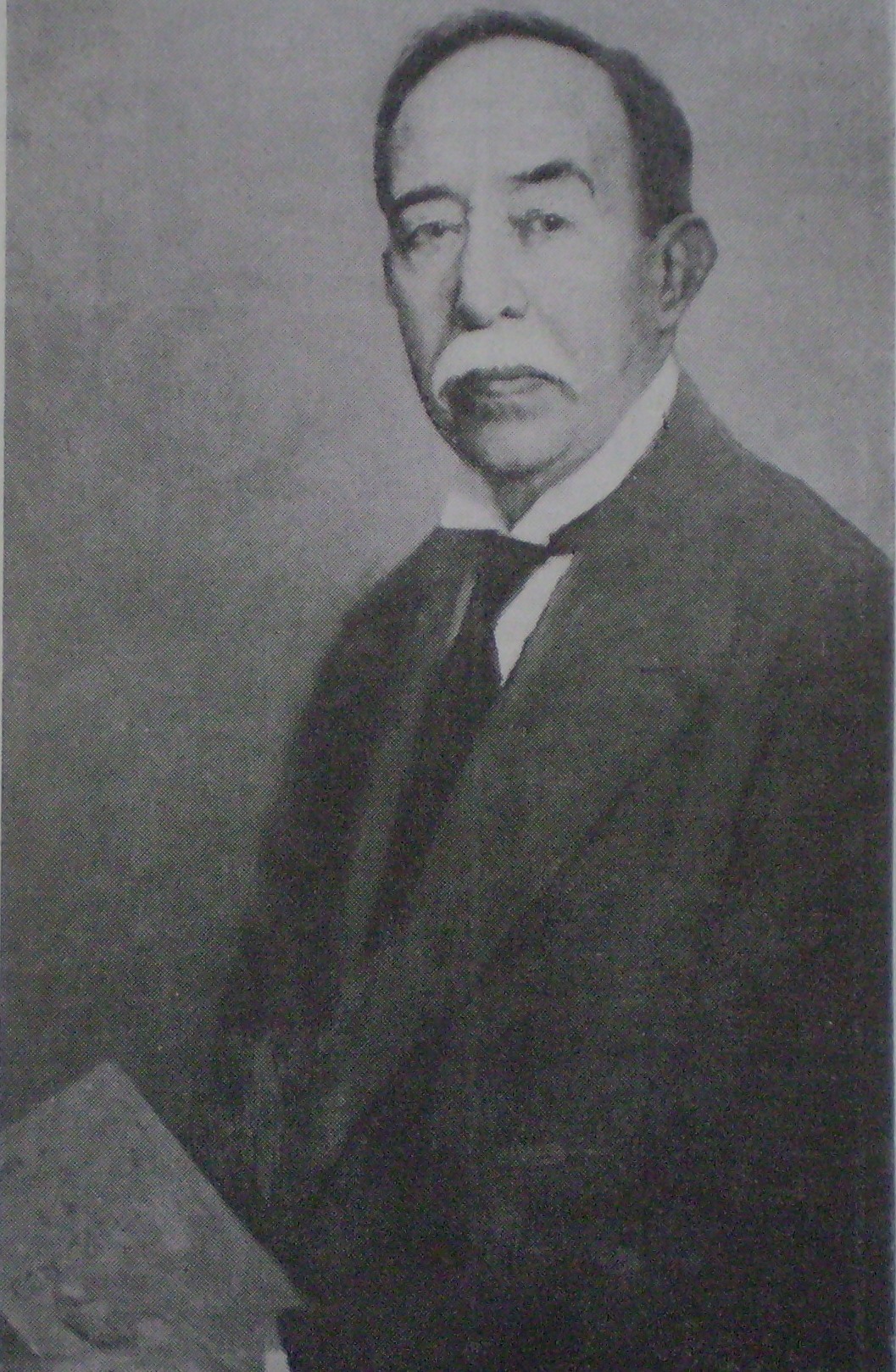Antonio Bermejo on:
[Wikipedia]
[Google]
[Amazon]
 Antonio Bermejo (February 2, 1853 - October 19, 1929) was an
Antonio Bermejo (February 2, 1853 - October 19, 1929) was an
Información about Antonio Bermejo at www.chivilcoyenlinea.com.ar
1853 births 19th-century Argentine lawyers Argentine politicians Members of the Argentine Senate for Buenos Aires Province Ministers of Justice of Argentina 20th-century Argentine judges 1929 deaths {{Argentina-law-bio-stub
Argentine
Argentines (mistakenly translated Argentineans in the past; in Spanish (masculine) or (feminine)) are people identified with the country of Argentina. This connection may be residential, legal, historical or cultural. For most Argentines, s ...
judge, lawyer and politician.
Bermejo, who was born in Chivilcoy
Chivilcoy is a city in Buenos Aires Province, Argentina, the head town of the Chivilcoy Partido. It has 64,185 inhabitants according to the .
Tourism
February Carnivals
In the month of February, a three-day carnival is held over an extended ...
, was a lawyer, judge and Argentinian politician, Supreme Court of Argentina judge between 1903 and 1905, and president of the Court from 1905 to his death in Buenos Aires
Buenos Aires ( or ; ), officially the Autonomous City of Buenos Aires ( es, link=no, Ciudad Autónoma de Buenos Aires), is the capital and primate city of Argentina. The city is located on the western shore of the Río de la Plata, on South ...
.
He was the longest-serving judge in the Court with 26 years and 4 months until 21 May 2010, date in which the judges Carlos Fayt
Carlos Santiago Fayt (1 February 1918'' Página/12''Fayt canta los noventa 1 February 2008 – 22 November 2016) was an Argentine lawyer, politician, academic and a member of the Supreme Court of Justice of Argentina from 1983 to 2015.
and Enrique Santiago Petracchi surpassed him.
Biography
Antonio Bermejo was Antonio Bermejo's son. The father was a Spanish immigrant fromMálaga
Málaga (, ) is a municipality of Spain, capital of the Province of Málaga, in the autonomous community of Andalusia. With a population of 578,460 in 2020, it is the second-most populous city in Andalusia after Seville and the sixth most pop ...
who established himself in Chivilcoy in 1843. He carried out important governmental tasks and rented a small farm where he devoted himself to farming and other agricultural activities.
His son, the prospective judge, studied at the National School of Buenos Aires
National may refer to:
Common uses
* Nation or country
** Nationality – a ''national'' is a person who is subject to a nation, regardless of whether the person has full rights as a citizen
Places in the United States
* National, Maryland, ce ...
, where he would later be teacher of philosophy and mathematics. He attended the University of Buenos Aires
The University of Buenos Aires ( es, Universidad de Buenos Aires, UBA) is a public university, public research university in Buenos Aires, Argentina. Established in 1821, it is the premier institution of higher learning in the country and one o ...
, where he obtained the degree of Doctor in Jurisprudence
Jurisprudence, or legal theory, is the theoretical study of the propriety of law. Scholars of jurisprudence seek to explain the nature of law in its most general form and they also seek to achieve a deeper understanding of legal reasoning a ...
in 1876. In 1879 he was elected representative of the Buenos Aires City Legislature
The Buenos Aires City Legislature ( es, Legislatura de la Ciudad Autónoma de Buenos Aires, links=no, commonly known as the ) is a central part of the Government of the City of Buenos Aires, Argentina. It is housed in the Legislature Palace ( es ...
. In the 1880s, he worked as a lawyer and teacher of international law.
In 1891 he returned to politics and won a seat in the Senate of the Nation representing the Province of Buenos Aires
Buenos Aires (), officially the Buenos Aires Province (''Provincia de Buenos Aires'' ), is the largest and most populous Argentine province. It takes its name from the city of Buenos Aires, the capital of the country, which used to be part of th ...
. In 1893 he ran as Governor of Buenos Aires and between 1895 and 1897 he was Minister of Justice and Public Instruction. During his tenure as minister, he founded an industrial school, a commercial school for women which bears his name: Escuela de Comercio N°2 "Dr. Antonio Bermejo, the Museo Nacional de Bellas Artes, and he presided over the establishment of the School of Philosophy and Letters of the University of Buenos Aires.
Between 1898 and 1902, while serving as a Congress
A congress is a formal meeting of the representatives of different countries, constituent states, organizations, trade unions, political parties, or other groups. The term originated in Late Middle English to denote an encounter (meeting of a ...
representative, he was appointed by the president of the Nation Julio Argentino Roca
Alejo Julio Argentino Roca Paz (July 17, 1843 – October 19, 1914) was an army general and statesman who served as President of Argentina from 1880 to 1886 and from 1898 to 1904. Roca is the most important representative of the Generation ...
to participate in the Panamerican Conference
Pan-American, Pan American, Panamerican, Pan-America, Pan America or Panamerica may refer to:
* Collectively, the Americas: North America, Central America, South America and the Caribbean
* Something of, from, or related to the Americas
* Pan-Amer ...
held in Mexico in 1901.
On 19 June 1903 he was nominated minister of the Supreme Court of Justice of the Argentinian Nation by president Roca and in 1905 became its president and served in that office until his death.
He died in Buenos Aires on 19 October 1929 at the age of 76.
External links
Información about Antonio Bermejo at www.chivilcoyenlinea.com.ar
1853 births 19th-century Argentine lawyers Argentine politicians Members of the Argentine Senate for Buenos Aires Province Ministers of Justice of Argentina 20th-century Argentine judges 1929 deaths {{Argentina-law-bio-stub